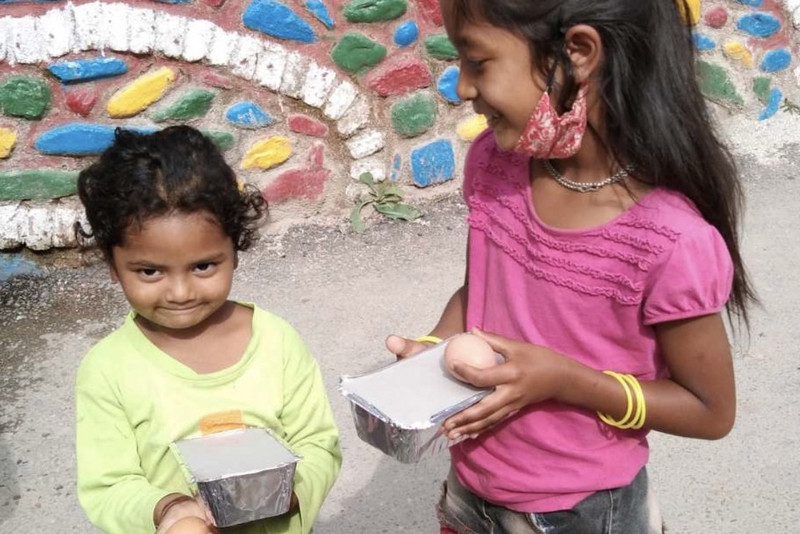Calls for Help from all over the World: SAGST Coronavirus Aid

For many years, SAGST has been supporting the free education system in Germany, but also in other European and non-European countries, providing numerous institutions with consulting and financial support for their establishment and development. Now the coronavirus crisis is posing completely new challenges for schools, resulting in a wave of requests according to SAGST project manager Andreas Rebmann. Unlike in Germany, where parental contributions only make up part of the schools’ funding, the institutions in many countries operate completely without any government assistance.
“For months, we have been receiving enquiries from Waldorf schools in South America or the Asian region, for instance, with desperate appeals for help. They need support to be able to buy food or even to bury with dignity members of the school community who died from the virus”, says Rebmann. “But schools in Switzerland, France or Austria are also under pressure, as they only receive a small amount of government funds. Many parents are affected by short-time working or business closures – this is already resulting in a noticeable decrease in school contributions.”
By the end of December 2020 alone, more than 48 specific grants had been funded in the context of the Covid-19 pandemic for projects from 13 countries – including Waldorf educational institutions in Costa Rica, Great Britain and the Baltic states, but also therapeutic aid services in Nepal or Brazil, as well as other organisations. Further applications are still under consideration. “We developed a strategic plan back in March that makes it possible to speed up the processing of applications”, continues Rebmann. “We are in close contact with other partners to achieve even higher effectiveness.” For instance, a matching fund was set up in cooperation with the “Friends of Waldorf Education” to double the proceeds of fundraising projects for Waldorf schools in need.
“Another measure was to quadruple the funding level of small projects temporarily”, explains Rebmann. “Moreover, we were quickly able to identify alternative communication and decision-making channels to facilitate the registration of applications as well as the documentation of processing and decision-making.” It is not yet clear to what extent the pandemic will change and affect projects and initiatives worldwide, not to mention the work of SAGST. Rebmann is convinced that “the coronavirus crisis shows us strengths and weaknesses”. “Often such times, when we are forced to take a moment and examine common practices, are precisely what are needed. That is why we are planning an internal foundation conference that will shed light on precisely these aspects and prepare us for future challenges – because even after Covid-19, things will not be the same as before.”
